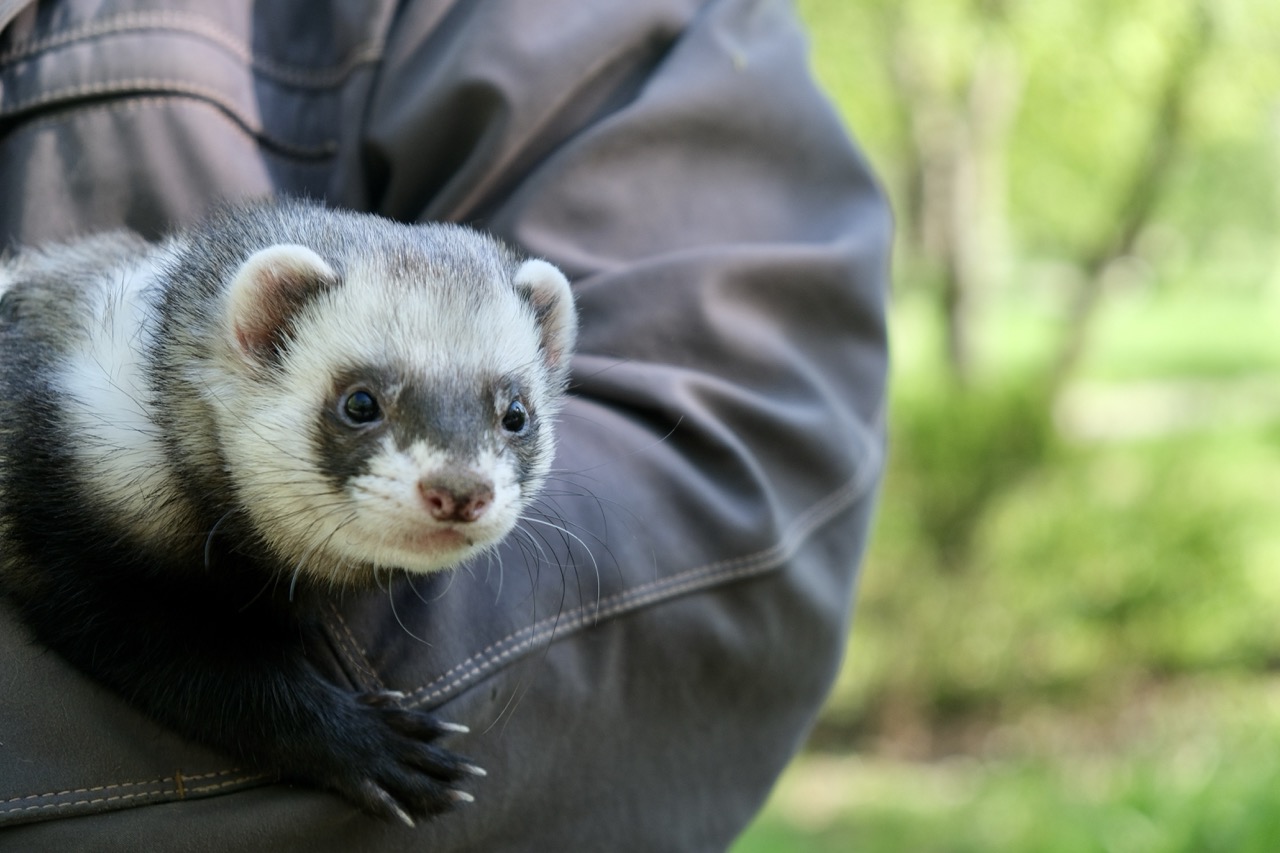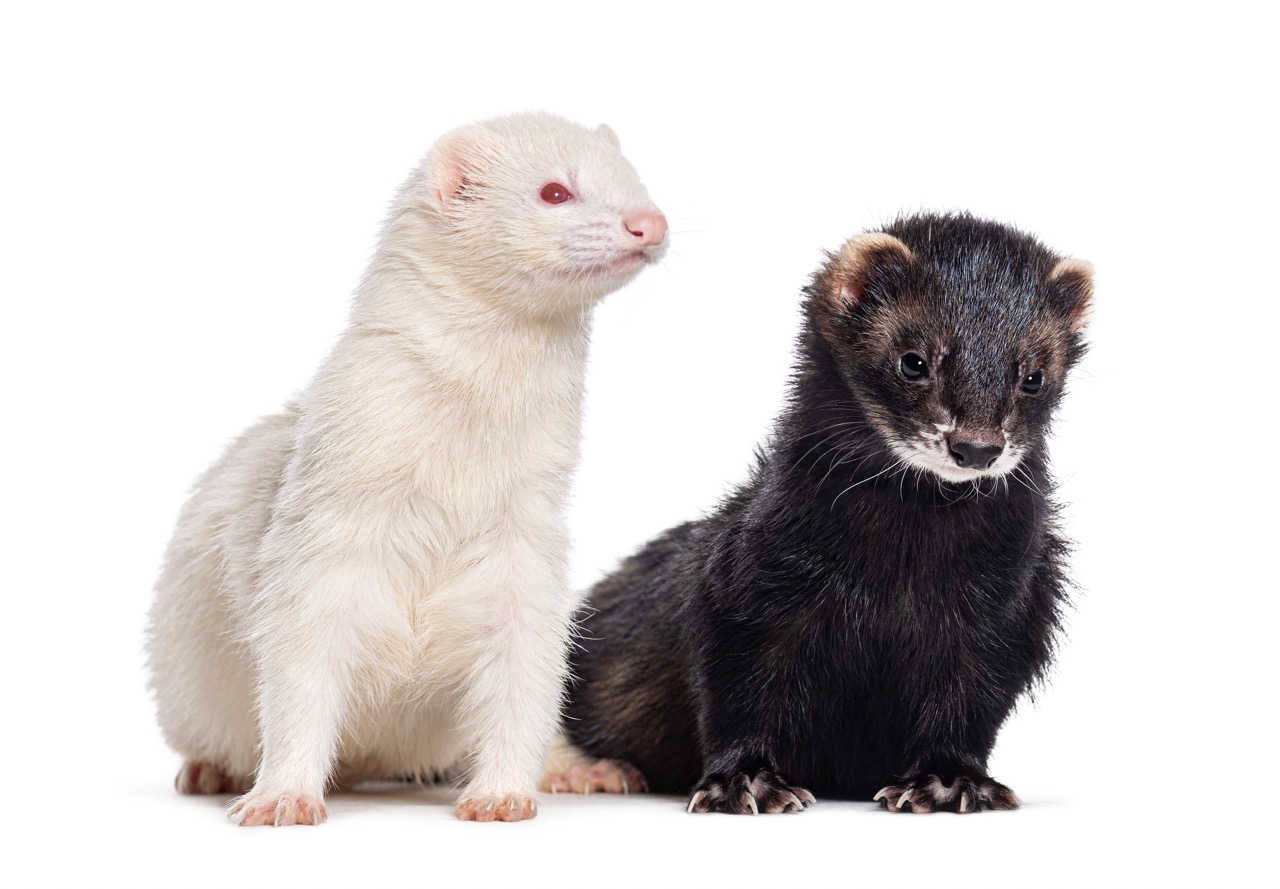Ferrets are known for their playful and curious nature, which often leads them into mischief. While this behavior can be entertaining, it may also result in unwanted destruction around your home. Understanding the underlying reasons for this behavior and employing effective strategies to redirect their energy can help in managing ferret mischief. This article will explore the nature of ferret behavior, the common causes of destructive tendencies, effective strategies for redirection, and how to create a safe and engaging environment for your furry friend.
Understanding the Nature of Ferret Mischief and Destruction
Ferrets are inherently playful creatures with a high level of intelligence and energy. Their natural instincts drive them to explore their surroundings, which can lead to behaviors that humans often interpret as mischief or destruction. Unlike cats or dogs, ferrets possess a unique combination of curiosity and agility, enabling them to access areas that other pets might not. This innate drive to explore can sometimes manifest in ways that damage household items or disrupt daily life.
Mischievous behaviors can include digging, chewing, and stealing objects. Ferrets often engage in these activities out of sheer boredom or an urge to satisfy their innate hunting instincts. Understanding that these behaviors stem from their natural tendencies, rather than intentional defiance, is crucial for pet owners. Recognizing that mischief is part of a ferret’s personality allows owners to approach the situation with patience and a willingness to provide constructive outlets for their energy.
Additionally, ferrets are social animals that thrive on interaction. A lack of social stimulation can exacerbate their mischievous tendencies. When ferrets are left alone for extended periods or do not receive adequate mental engagement, they may resort to destructive behavior to entertain themselves. Therefore, understanding the nature of ferret mischief is essential not only for managing behavior but also for fostering a healthy and happy environment for these spirited pets.
Common Causes of Destructive Behavior in Ferrets
Several factors contribute to destructive behavior in ferrets. One common cause is the lack of physical exercise. Ferrets need ample space to run, play, and explore; when confined to small areas or left without sufficient playtime, they may resort to destructive behaviors as a means of expending pent-up energy. Owners should ensure that their ferrets have opportunities for regular exercise, both in playtime and through safe exploration of their surroundings.
Another significant cause is boredom. Ferrets are highly intelligent animals that require mental stimulation to thrive. Without engaging toys or activities, they may turn to the household environment for entertainment. Items such as furniture, shoes, and electrical cords can become targets for their curiosity and destructive tendencies. To counteract boredom, it’s essential for owners to provide a variety of toys and interactive activities that can capture their ferret’s attention and keep them occupied.
Lastly, stress can be a contributing factor to destructive behavior. Changes in the household, such as moving to a new home, the introduction of new pets or family members, and changes in routine can create anxiety in ferrets. Stress may lead to behaviors such as digging or chewing as ferrets seek comfort or a way to cope with their feelings. Identifying and addressing sources of stress is critical for fostering both the mental well-being and the good behavior of your ferret.
Effective Strategies to Redirect Ferret Mischief
Redirecting ferret mischief involves providing alternative outlets for their natural behaviors. One effective strategy is to engage ferrets in interactive play. Using toys like wands, balls, and tunnels can redirect their energy toward constructive playtime. Engaging in regular sessions of supervised play will not only provide ferrets with the exercise they need, but it will also strengthen the bond between pet and owner.
Another helpful tactic is to create a designated play area that is safe and filled with enrichment activities. This can include tunnels, climbing structures, and hiding spots where ferrets can explore and satisfy their instincts without causing damage to household items. By providing a space that is specifically designed for them, owners can encourage their ferrets to engage in positive behaviors while minimizing the risk of destruction in other areas of the home.
Additionally, utilizing positive reinforcement can be a powerful tool in redirecting unwanted behavior. When ferrets exhibit desired behaviors or engage in appropriate play, owners should reward them with treats or praise. This reinforces good behavior and encourages ferrets to repeat it. Over time, consistent positive reinforcement can help shape their behaviors and reduce instances of mischief and destruction.
Creating a Safe and Engaging Environment for Ferrets
Creating a safe and engaging environment for ferrets is crucial for their well-being and the protection of your home. First, it’s essential to ferret-proof your living space by removing or securing items that could be harmful if chewed or swallowed. This includes cords, small objects, and toxic plants. A safe environment allows ferrets to explore their surroundings without the constant threat of injury or destruction.
In addition to safety, providing a stimulating environment is vital. Ferrets thrive on variety and challenge, so incorporating a range of toys and climbing structures can keep them engaged. Puzzle toys that dispense treats or toys that mimic hunting behaviors can provide mental stimulation and encourage natural instincts while promoting positive play. Regularly rotating toys can also help maintain their interest and prevent boredom.
Finally, social interaction is key to ensuring a fulfilling environment for ferrets. Regular playtime with their human companions and the option to interact with other ferrets can satisfy their social needs. Socialization plays a significant role in reducing anxiety and destructive behavior. By fostering connections with both humans and their own kind, ferrets can develop healthier behaviors and a deeper sense of well-being.
In conclusion, managing ferret mischief and destructive behavior requires a comprehensive understanding of their nature, the causes behind their actions, and effective strategies to redirect their energy. By acknowledging their instinctual behaviors and providing an engaging, safe environment, ferret owners can enhance their pets’ quality of life while minimizing damage to their homes. With patience, creativity, and the right approach, owning a ferret can be a rewarding experience filled with joy and companionship.










